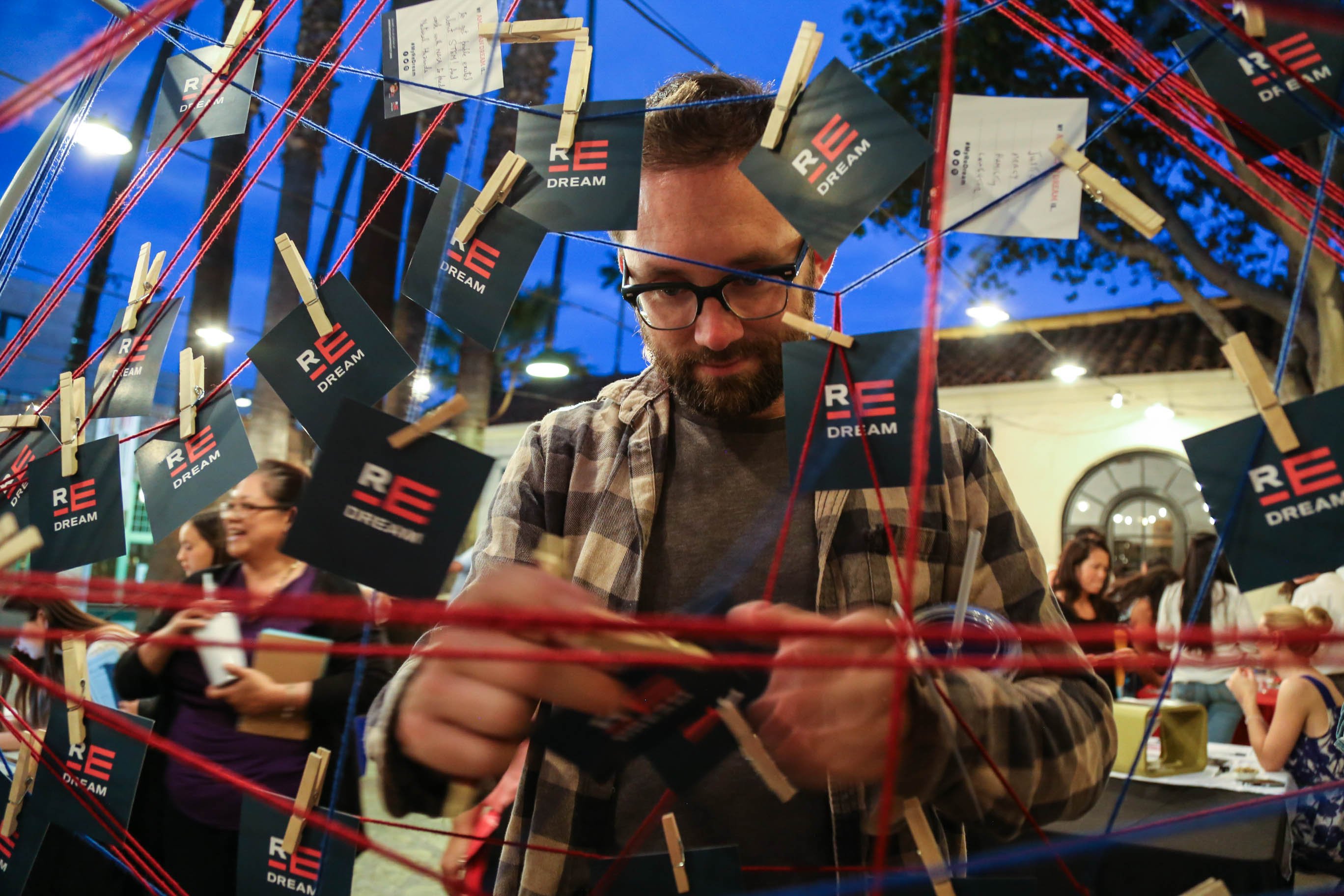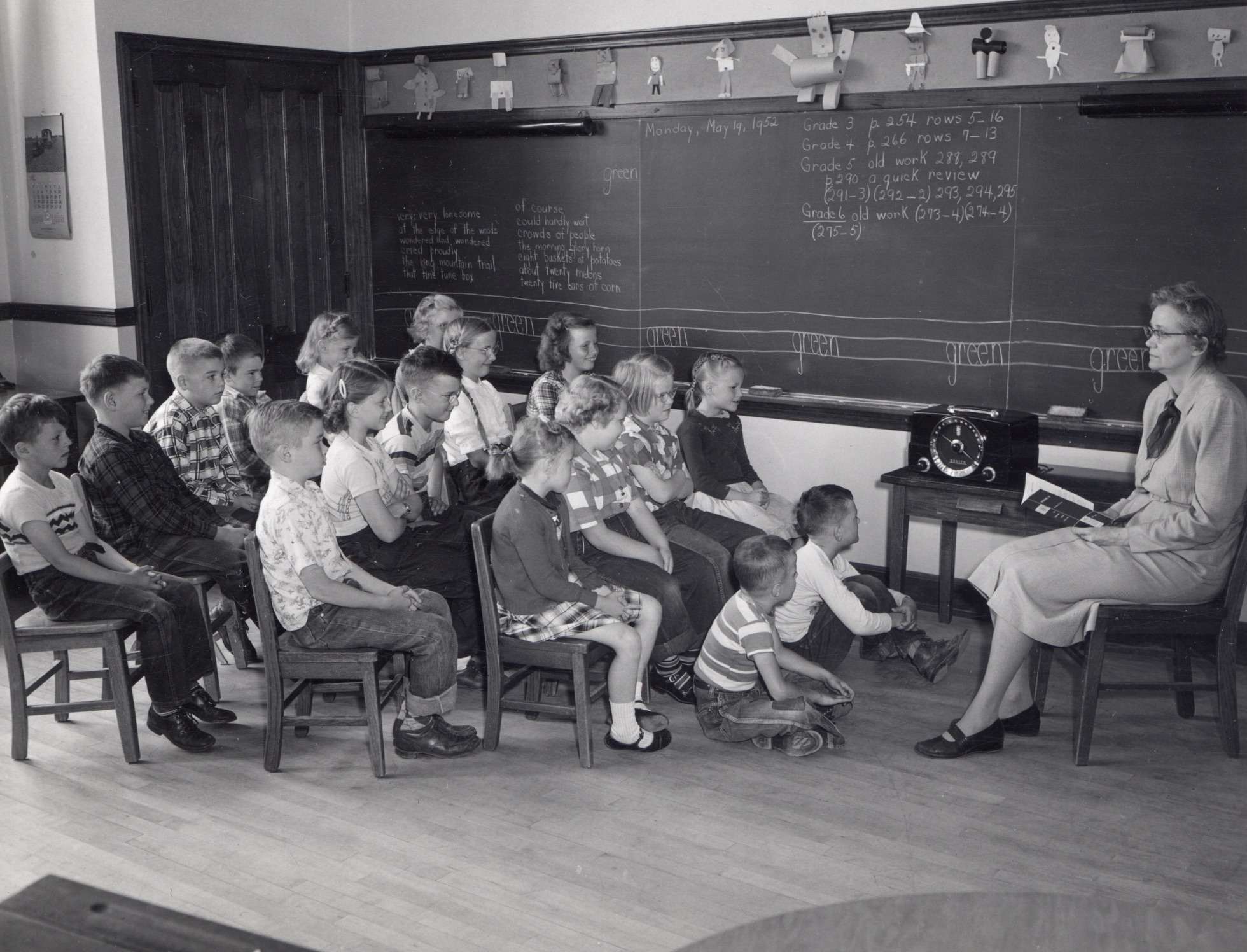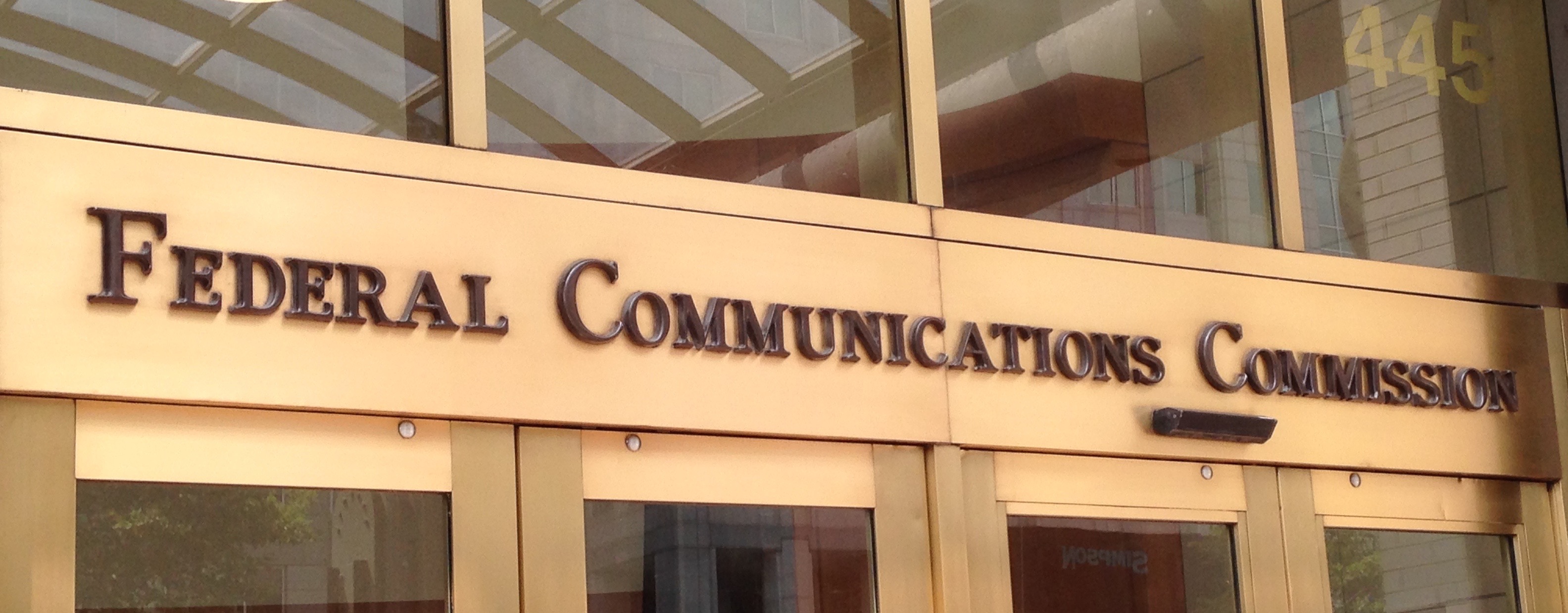System/Policy
Knight Foundation report: Public radio needs to work harder to adopt digital-first orientation
“From Airwaves to Earbuds: Lessons From Knight Investments in Digital Audio and Podcasting,” finds that the public radio system is "not yet ...PBS SoCal preps for bigger role in national production
The PBS flagship for greater Los Angeles is nurturing ambitions to bring more ideas from Hollywood's creative community to public television.‘Hill’ report says Trump team adopting proposal to cut federal funds for CPB, NEA and ...
The incoming president’s team is using the conservative Heritage Foundation’s budget blueprint as a template for spending cuts.CPR adds signals to expand its news service into Colorado Springs
With the purchase of an AM station and FM translator, the Denver-based pubcaster nears its goal of providing a statewide news service. ...GOP commissioners signal intent to review reporting requirements for public broadcasters
Under a Republican-controlled FCC, public broadcasters will get a new hearing for their objections to disclosures required of station board members.Rhode Island Public Radio to acquire license from UMass Dartmouth
The new signal will nearly double the station's coverage.With growing emphasis on social media, MPB requires more staff to adhere to ethics code
As a state-owned public broadcasting network, MPB has to ensure that its content is impeccably fair and accurate.Journalists don’t have to be sidelined from community involvement
A survey finds wide agreement that reporters can participate in churches and coach sports but should avoid roles that involve fundraising or ...Community radio’s role is to train journalists, not police contributors’ personal lives
WORT’s reporters follow a code of ethics but are free to support causes they care about.To set expectations for upholding ethics, build a ‘culture of discussion’
Oregon Public Broadcasting’s ethics code asks all employees to discuss plans for off-the-clock political activities with their supervisors.Las Vegas university opts to keep control of radio station
The university has been “re-envisioning” the station to make it more self-sustaining and to increase student involvement.Battered by political agendas, ‘The Wisconsin Idea’ lives on in public broadcasting
A century-old progressive philosophy in the state has withstood decades of attacks from state leaders.After ban, Baltimore public radio reporter is back at mayor’s press conferences
At a press conference Wednesday, Burns returned to his usual seat near the front of the room.Roots of public broadcasting can be found in Wisconsin’s vision
The progressive “Wisconsin Idea” gave purpose to early educational broadcasting.How the spectrum auction could save journalism
The use of public airwaves has always come with public obligations. But nobody seems to be asking what the people are getting ...












